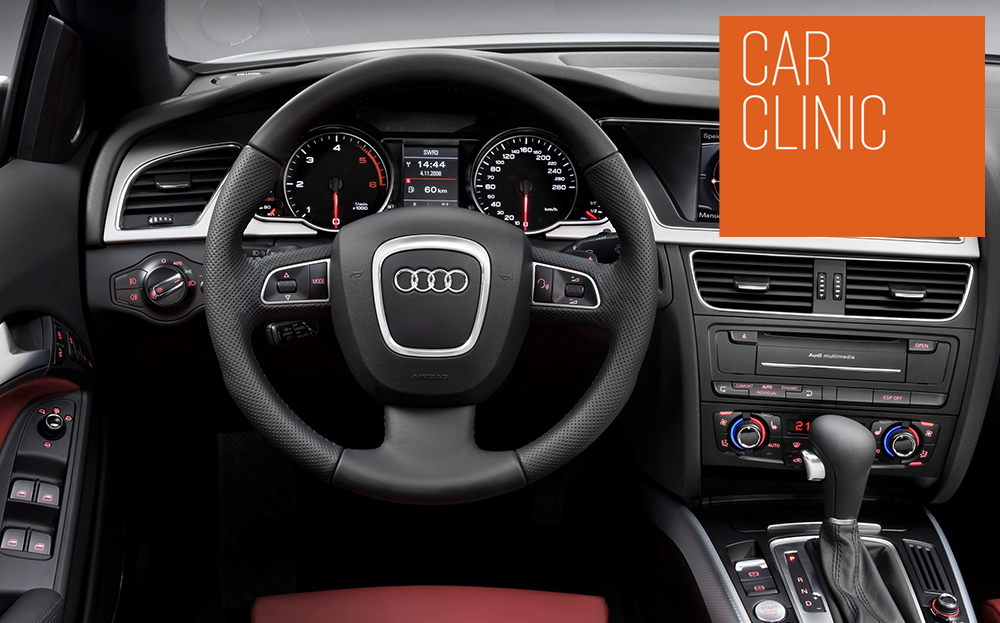How accurate are official mpg figures?
Your motoring problems solved

Q. I was put off buying a new Ford Mustang because of its poor fuel efficiency (26mpg combined), but my new Audi A5 cabriolet 1.8 TFSI is faring no better at between 26mpg and 27mpg. My dealer tells me it will take up to 3,000 miles for the car to “bed in” and get closer to the official figure of about 45mpg. Is this true?
JF, Hertford
A. It is unlikely because the official figures bear little relation to real-world driving and are only useful when comparing one vehicle with another. It’s conceivable, as the engine and gearbox bed in, fuel efficiency will improve. But any difference is unlikely to be huge.
Search for and buy your next car on driving.co.uk
The problem lies not with the car, or indeed the dealer, but with the official mpg figures, which are calculated in laboratory conditions using two tests known as the new European driving cycle (NEDC).
The tests (one is designed to replicate urban driving and one extra-urban motoring; the combined figure is an average of the two) are conducted between 20C and 30C, far higher than typical UK temperatures, and with electrical devices such as the fan, air-conditioning, heated rear window and lights turned off. The entire procedure covers just 6.8 miles with the car only briefly touching 75mph.
The result is that you should expect an average figure 20%-25% lower than the manufacturer’s stated mpg, meaning that the Mustang would probably not have managed much more than 17mpg. The official figures could change with the introduction of a new test called the worldwide harmonised light vehicles test procedure (WLTP), in theory as early as 2017.
However, with car makers being fined if they fail to meet emissions targets — and the new rules will require a further reduction in CO2 emissions — there is opposition to the WLTP from within the motor industry, which could delay its introduction considerably.

INSPECTOR GADGET
Dave Pollard has written several Haynes manuals and has tested just about every car-related accessory – read more from Dave here.
GOT A PROBLEM?
Email your question to carclinic@sunday-times.co.uk or write to Car Clinic, Driving, The Sunday Times, 1 London Bridge Street, London, SE1 9GF, with a daytime phone number,
your address and as much detail about your car as possible. We can’t reply in person, so don’t send original documents or SAEs. Advice is given without legal responsibility.




